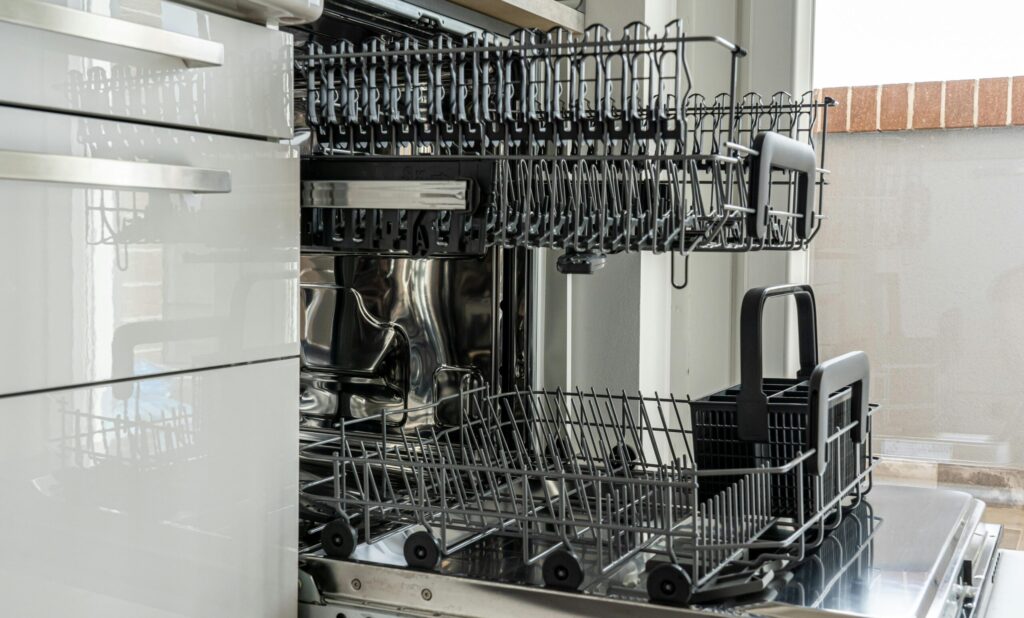
Dishwashers are fantastic appliances that simplify our kitchen routines, making dishwashing a breeze. However, they aren’t suitable for every item in your kitchen. Understanding what is dishwasher-safe and what isn’t can help prolong the life of your dishes and your dishwasher. Let’s explore the items you should avoid putting in the dishwasher and why.
Items to Avoid in Your Dishwasher
Sharp Cooking Knives
While it’s perfectly fine to wash butter knives with stainless steel handles in the dishwasher, cooking knives require special attention. The high heat and harsh detergents in dishwashers can dull the blades and damage wooden handles. Consistently placing knives blade down can also wear out the plastic utensil holder.
Wooden Utensils and Cutting Boards
Wooden cooking tools, such as spoons, salad tongs, and cutting boards, might seem durable, but they are not waterproof. Wood can absorb moisture, leading to cracks and warping. For the best care, wash these items by hand to maintain their integrity.
Specialty Cookware
Cast iron, copper, and non-stick pots and pans are best washed by hand. The dishwasher can strip away the protective patina on cast iron and non-stick cookware, while copper can tarnish and discolor. If you want your cookware to last, stick to hand washing.
Pre-Cleaned Dishware
You might think rinsing your dishes before placing them in the dishwasher is a good idea, but it can actually hinder the cleaning process. Dishwasher detergent works best when it interacts with food particles. So, it’s better to load dirty dishes directly into the dishwasher without pre-rinsing.
Delicate Items
Items without a dishwasher-safe symbol, such as fine china, crystal glassware, and certain plastics, should be kept out of the dishwasher. Always check for the dishwasher-safe label to avoid damage.
Additional Tips for Dishwasher Use
Understanding Dishwasher-Safe Symbols
Familiarize yourself with common dishwasher-safe symbols on your dishes. These symbols indicate whether an item can withstand the dishwasher’s heat and detergents. Look for symbols like a wine glass with water droplets or plates under diagonal lines.
Proper Loading Techniques
Maximize your dishwasher’s efficiency by loading it correctly. Place items facing the center and avoid overcrowding to ensure proper water circulation. Heavily soiled items should be positioned where the spray is most direct for optimal cleaning.
Regular Maintenance
To keep your dishwasher running smoothly, regular maintenance is key. Clean the filter monthly to prevent debris buildup, and check the spray arms for clogs. Additionally, wipe down the door seals to avoid mold and odors. Running a cycle with a dishwasher-safe cleaner, such as vinegar, can help maintain cleanliness.
Monitor for Hard Water Issues
If you live in an area with hard water, consider using a water softener to prevent mineral buildup, which can affect your dishwasher’s performance. Regularly descaling your dishwasher can also prolong its lifespan.
By understanding what items are dishwasher-safe and incorporating these tips into your routine, you can ensure your dishes come out sparkling clean and your dishwasher remains in top condition. Enjoy the convenience of your dishwasher while keeping it and your kitchenware in great shape!

